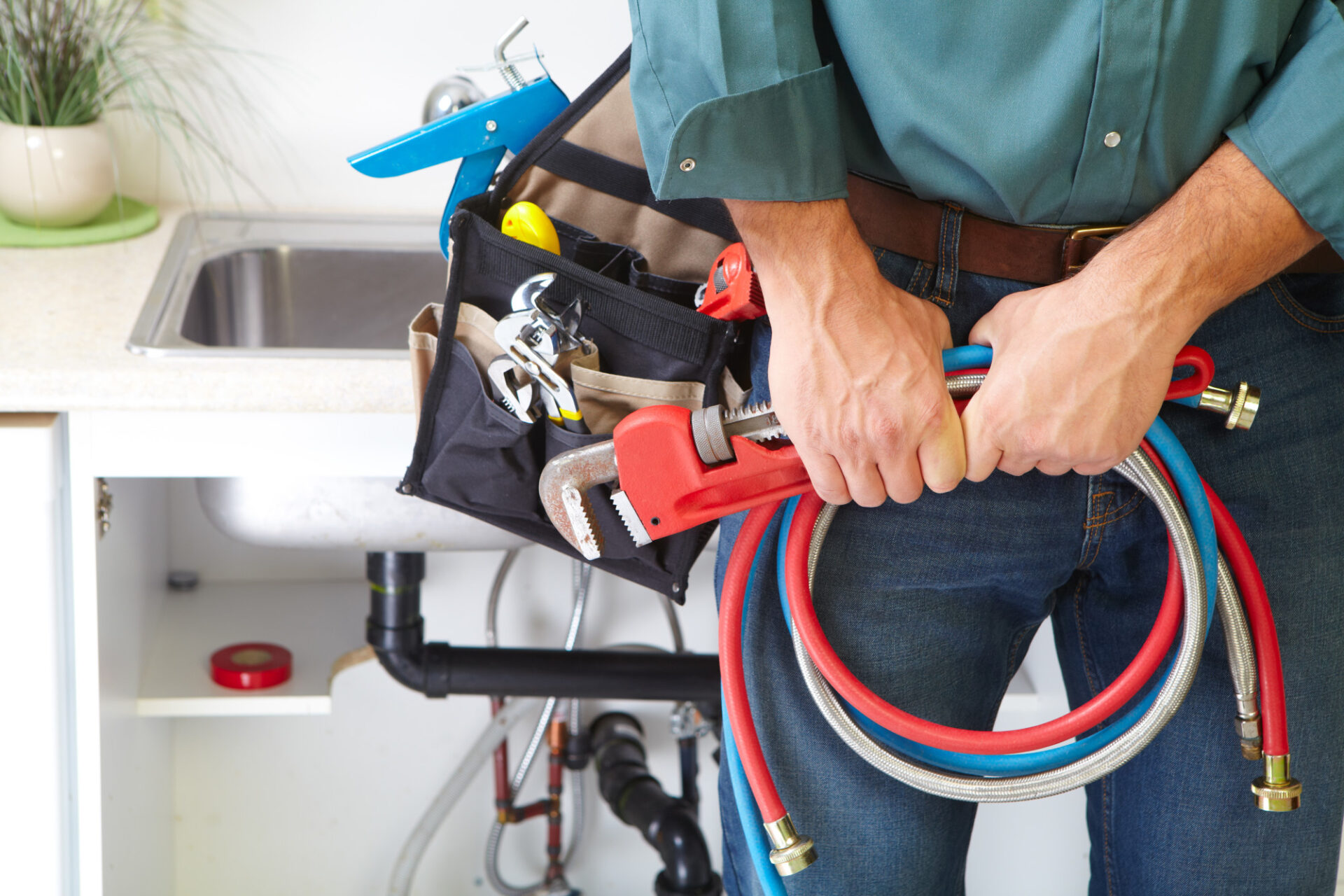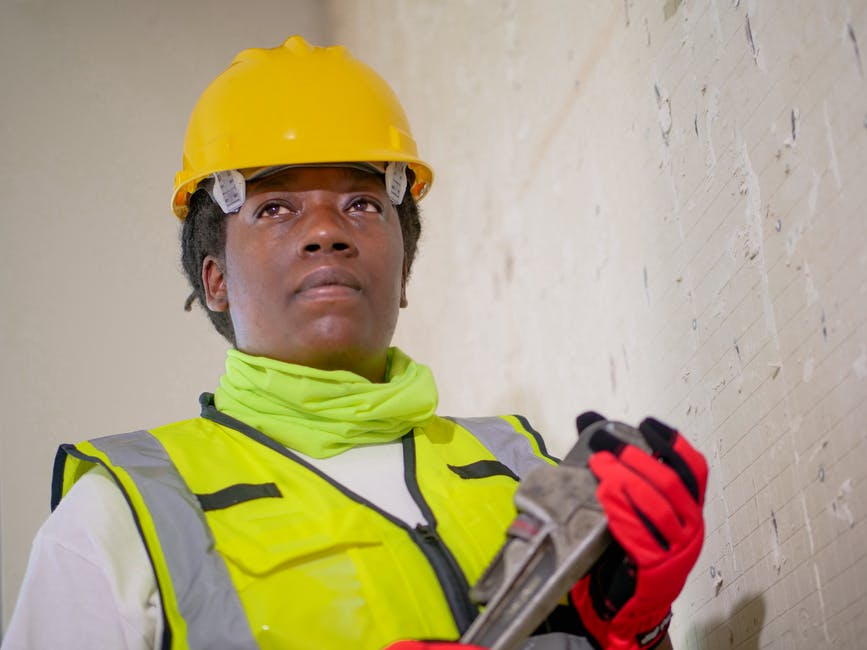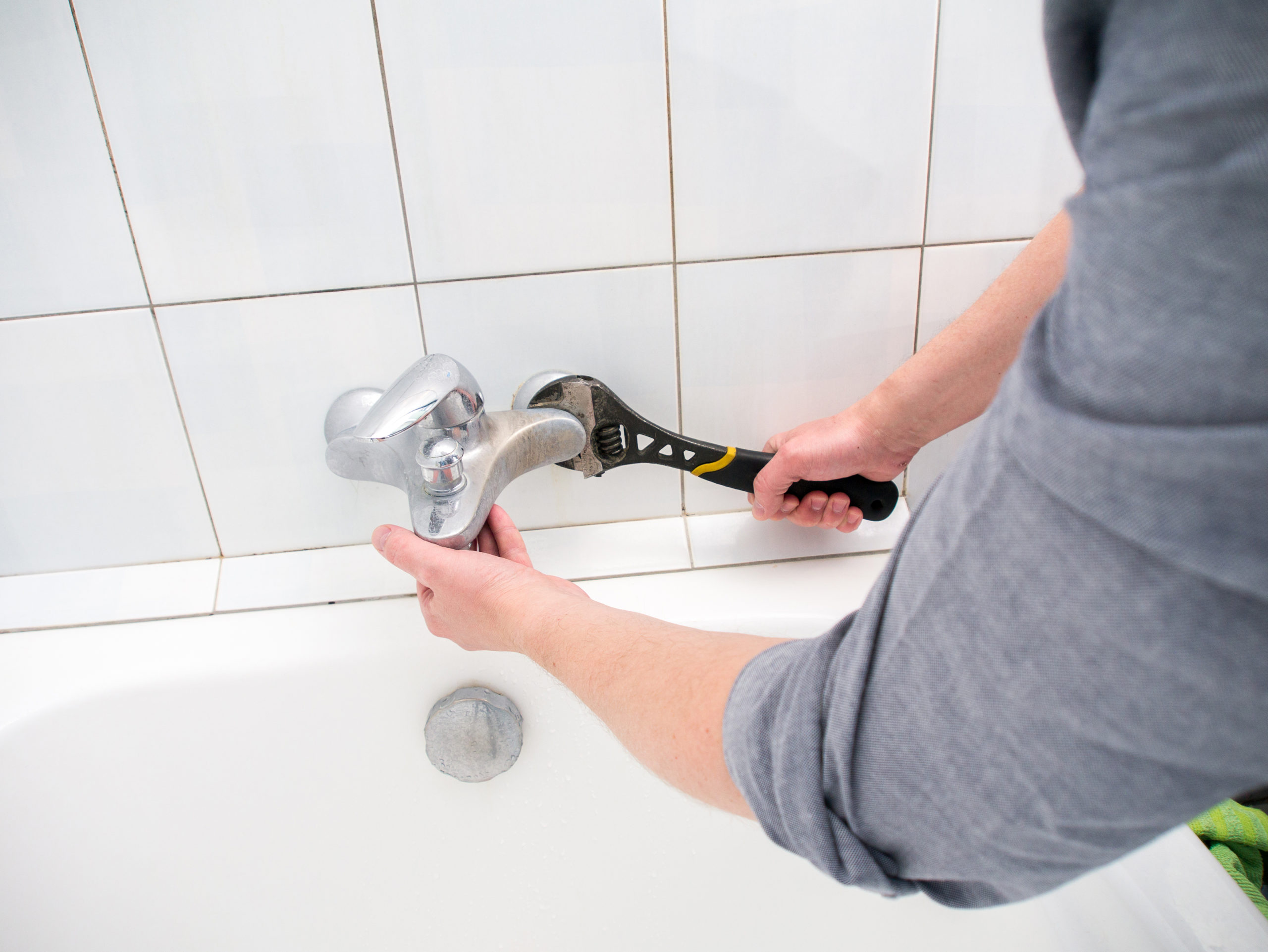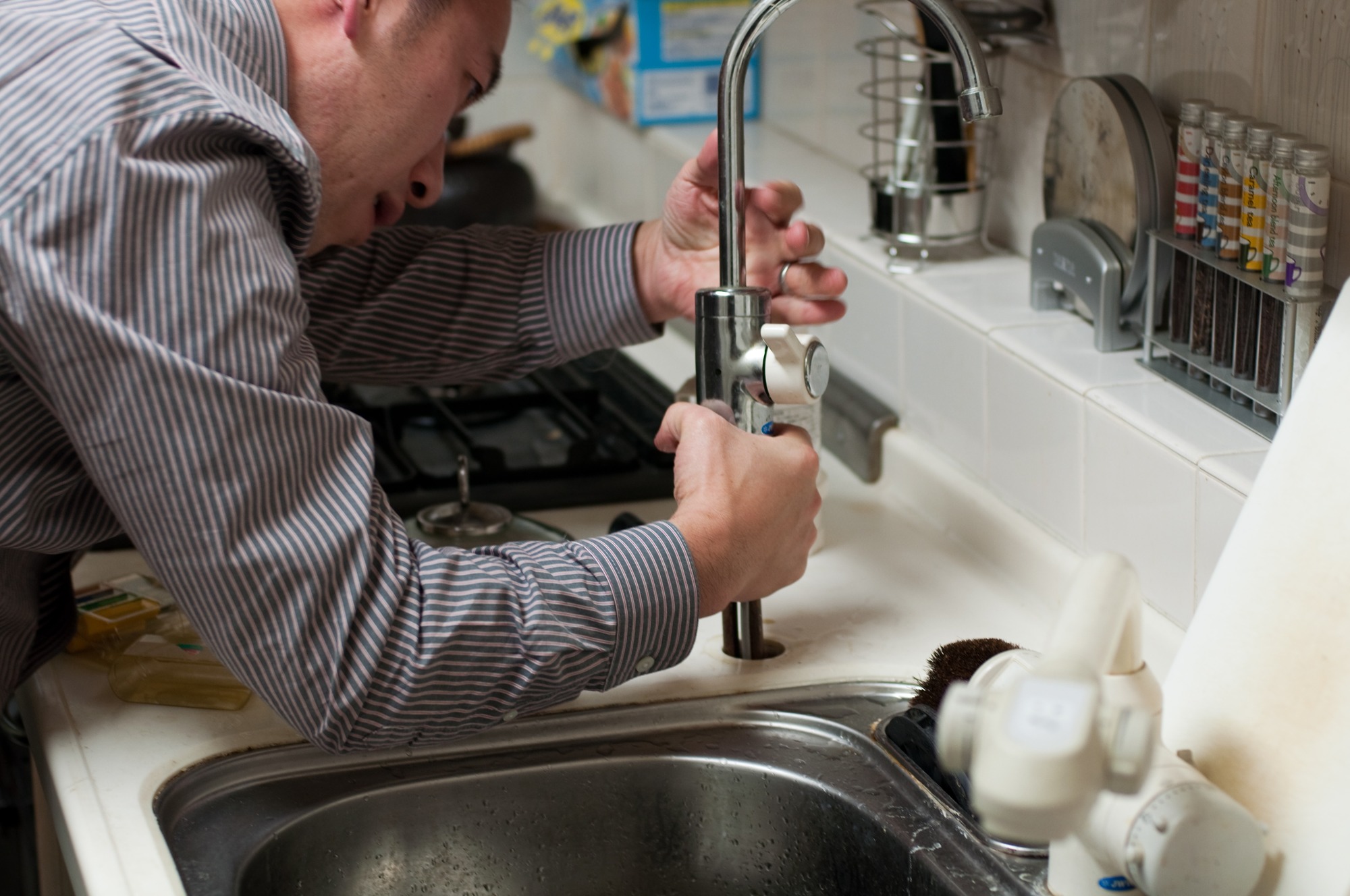Are you interested in pursuing a career as a plumber and becoming a master of the trade? As experienced plumbers at Master Plumbing, we have seen many people successfully enter and excel in the industry. Follow our guide on how to become a master plumber.
Understand the Job of a Plumber
It is essential to have a clear understanding of what the job of a plumber entails. Plumbers are responsible for installing, repairing, and maintaining various plumbing systems in residential, commercial, and industrial buildings. This includes working with pipes, fixtures, and other equipment such as water heaters and drains.
As a plumber, you will also need to have good problem-solving skills, attention to detail, and excellent communication skills. You will be working with various tools and equipment such as wrenches, pliers, soldering torches, and hydro jets. As you gain experience and expertise in the field, you may also take on supervisory roles or become an instructor.
Get the Right Education
While there is no specific degree required to become a plumber, it is essential to have some formal education. Many community colleges and trade schools offer plumbing programs that can range from a few months to two years. These programs cover topics such as plumbing principles, pipe fitting, blueprint reading, and safety practices.
At Master Plumbing, we highly value education and encourage our team members to pursue further education and certifications. This not only helps improve their skills but also allows them to stay updated with the latest industry developments.
Complete an Apprenticeship Program
One of the best ways to gain hands-on experience and learn from experienced professionals is by completing an apprenticeship program. These programs can last anywhere from four to five years and typically involve working alongside licensed plumbers.
During your apprenticeship, you will learn essential skills such as pipe cutting, soldering, and troubleshooting common plumbing issues. You will also have the opportunity to work on various projects and develop a strong understanding of the trade.
Obtain a License
To work as a plumber, most states require you to obtain a license. The requirements for a license may vary from state to state, but typically include completing an apprenticeship program and passing a state licensing exam.
Some states also require plumbers to continue their education and renew their licenses periodically. It is crucial to research the licensing requirements in your state before pursuing a career as a plumber.
Develop Necessary Skills To Become a Plumber
Aside from technical knowledge, there are several skills that you will need to succeed as a plumber. These include problem-solving skills, physical strength and stamina, attention to detail, and customer service skills.
Plumbing can be physically demanding work, and you may often have to work in tight spaces or in different weather conditions. This is why it’s essential to maintain good physical health and develop the necessary strength and stamina for the job. Attention to detail is also crucial as even a small mistake can lead to significant issues in a plumbing system.
Continuously Educate Yourself
The plumbing industry is constantly evolving with new technologies and techniques. As a master plumber, it is crucial to stay updated with these developments and continuously educate yourself. This could mean attending workshops and conferences, completing additional training programs, or obtaining certifications.
At Master Plumbing, we prioritize continuing education for our team members and provide numerous opportunities for growth within the company.
Becoming a master plumber is a rewarding and fulfilling career path. With the right education, training, and skills, you can build a successful career in this trade. If you are passionate about plumbing and are willing to put in the hard work, we encourage you to pursue this career path. Who knows, you may just become the next master plumber at Master Plumbing!



